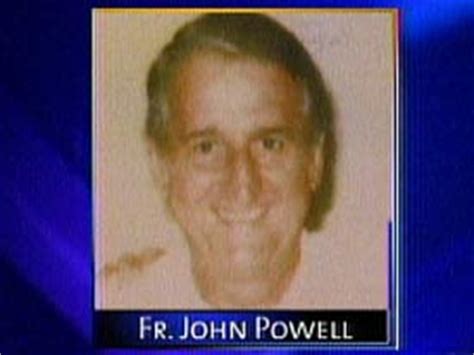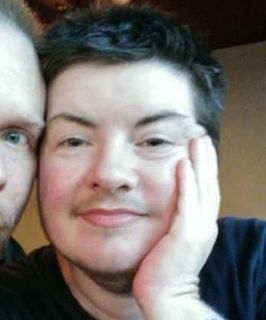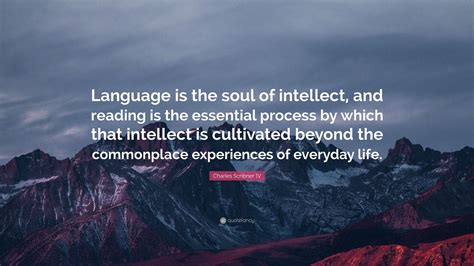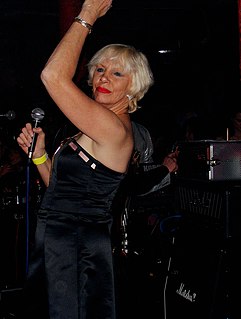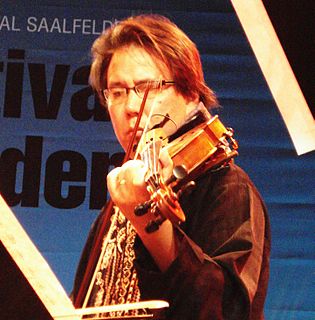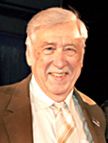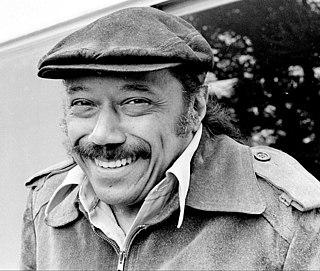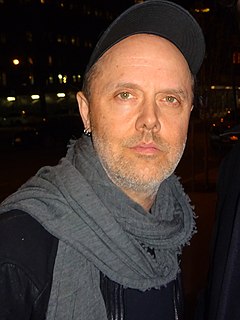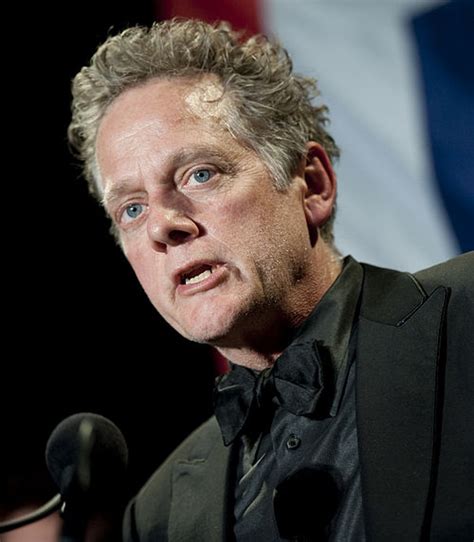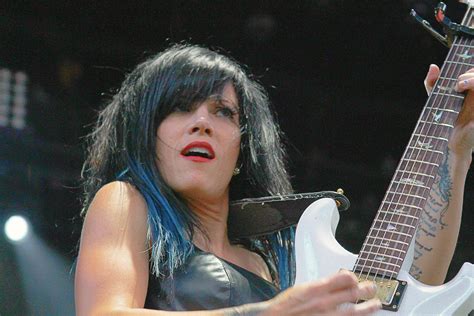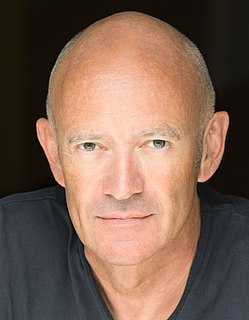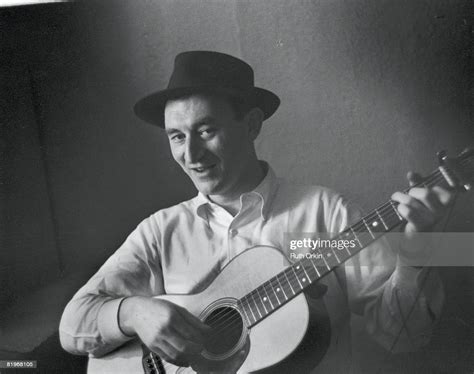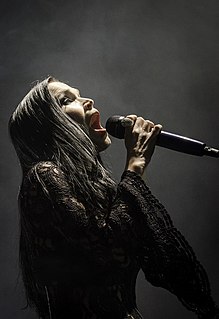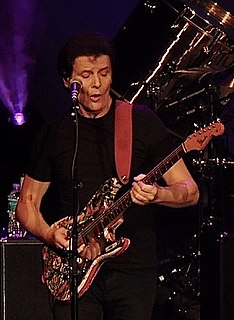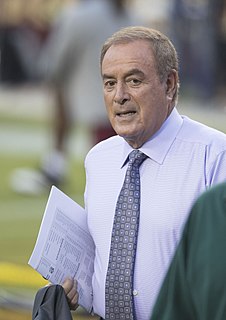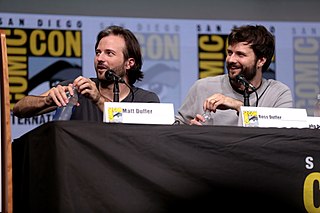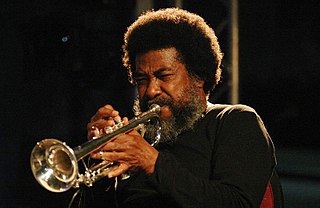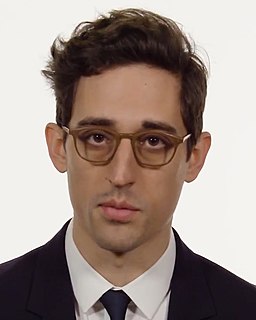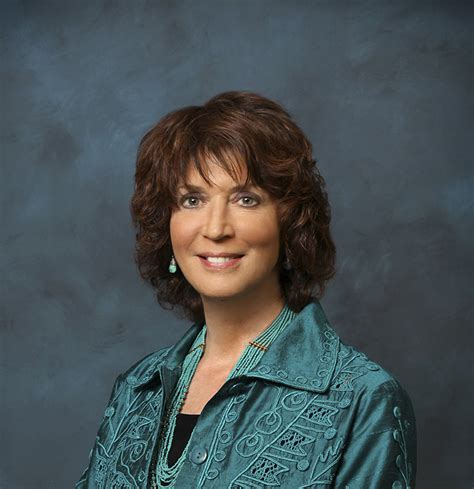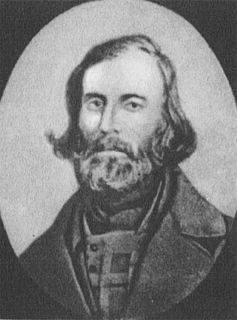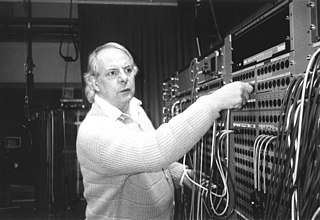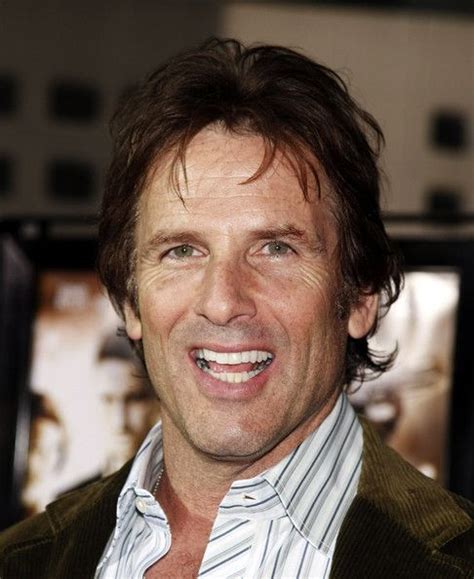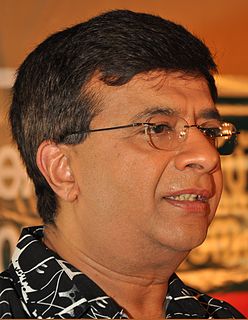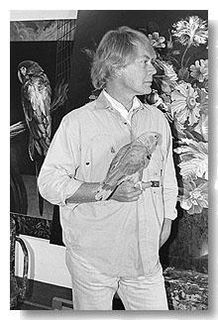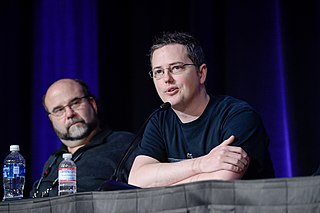Top 319 Composing Quotes & Sayings - Page 5
Explore popular Composing quotes.
Last updated on November 23, 2024.
Playing is much, much harder than composing in my opinion, becoming a player. If you want to be a player for all your life either you decide not to do it professionally and just enjoy it and just do it every weekend, but if you want to be a professional musician- hardest thing I could imagine and I really wasn't capable of doing it.
At the evident risk of seeming ridiculous, I want to begin by saying that I have tried for much of my life to write as if I was composing my sentences to be read posthumously. I hope this isn't too melodramatic or self-centred a way of saying that I attempt to write as if I did not care what reviewers said, what peers thought, or what prevailing opinions may be.
Beyond the formative effects of reading on the individuals composing society, the fact that they have read the same books gives them experiences and ideas in common. These constitute a kind of shorthand of ideas which helps make communication quicker and more efficient. That is what we mean when we say figuratively of another person, We speak the same language.
I've found in composing that being simple and profound—having in-depthness in your music—is the most difficult thing to do. Anybody can write a whole lot of notes, which may or may not say something . . . But why make it complicated for the musicians to play? Why make it difficult for the listeners to hear?
When anyone seriously pursues an art - painting, poetry, sculpture, composing - over twenty or thirty years, the sustained discipline carries the artist down to the countryside of grief, and that descent, resisted so long proves invigorating. . . . As I've gotten older, I find I am able to be nourished more by sorrow and to distinguish it from depression.
I think of myself as a jazz player, and my music as a natural extension of the jazz tradition. What I'm doing is completely free improvisation ('composing in real time') with nothing predetermined. I've had a lot of experience playing many different kinds of music and several different instruments, and since I tend not to waste anything, it all shows up somewhere in the music I'm playing now.
Back then, I was really into composing the entire solo, beginning to end. I wanted to have it at least 80 to 90 percent complete before going into the studio. I didn't improvise in the studio. I was young, and I didn't really have the development in my playing or the ability to show up with nothing and then put down 500 ideas. I can do that now because I'm so much more of a musician now.
Even though, theoretically, being a composer and being a songwriter are the same thing, in my brain, they are completely different. When I am in my composing mode, I go into my studio and turn that part of my brain on like a faucet. And when I finish, I turn it off. But with songwriting, that process is much more elusive.
Shook is the musical universe I created. I come from a classical and jazz background and my father is a jazz pianist, so my world bears largely the marks of this influence. As a sort of gateway, I started composing my own music on the computer at the age of 13. Before Shook, I had not yet discovered the kind of music I wanted to dedicate myself to, so I did a little of everything.
I like to be flexible in the way I take pictures. I do not use a tripod, and I move around in the crowd, of which I am myself part.... I try to preserve the dynamics of the street, and my way of using the camera tries to approximate as much as possible the way we see: focusing on details, opening up to wider angles, and composing all these very short, fragmented impressions into a larger mental picture.
Dad, once an aspiring architect, drove his own catering truck to feed factory workers in downtown Los Angeles, and mom, with a Mensa IQ and mathematical gifts, served as a bookkeeper and worked in a grocery store while pursuing her calling in music: playing piano and composing songs. Perhaps in a way, part of my drive was to complete their unfulfilled ambitions and dreams, but in my own way.
I was...attacked for being a pasticheur, chided for composing "simple" music, blamed for deserting "modernism," accused of renouncing my "true Russian heritage." People who had never heard of, or cared about, the originals cried "sacrilege": "The classics are ours. Leave the classics alone." To them all my answer was and is the same: You "respect," but I love.
The translator ... Peculiar outcast, ghost in the world of literature, recreating in another form something already created, creating and not creating, writing words that are his own and not his own, writing a work not original to him, composing with utmost pains and without recognition of his pains or the fact that the composition really is his own.
When I became thoroughly acquainted with the Greek and Roman authors, I thought it incumbent upon me to do something towards the honor of the place of my nativity, and to vindicate the rhetoric of this ancient forum of our Metropolis from the aspersions of the illiterate by composing A Treatise of the Alercation of the Ancients; wherein I have demonstrated that the purity, sincerity, and simplicity of their diction is nowhere so well preserved as amongst my neighbourhood.
Composing is to think. It is to have your mind trying to find what is the best sound that the movie is going for: the best melody, the best texture, the best structure and dramaturgic arc for the film. Then you discuss that with the director. He's the leader. He's the one showing you the path to follow to find the soul of the film.
I love silence. And one of the paradoxes about the way I live and also about my work is that definitely one of the reasons I went into music, and especially into composing is that I love setting up an environment where I can be by myself for long periods of time and have everything as quiet as possible, either to think about sound, or to think about ideas, or just to focus on things that are important to me.
That's why I'm so passionate about making music for movies because you dive in and find the best ideas to bring tolife a collective piece of art. ... [Composing] is not a job for me. And that explains why I never stop. Even though it's tough on your body and your brain and the sacrifices you have to make, what can I do? I'm passionate about it so I never stop.
Deep breaths. I am taking deep breaths. Composure. Which, for me, means composing... Maybe this is my way of creating the illusion of control over something I have no control over. Like, if it's just a story I'm telling or a song I'm singing, then I'll be okay because I'm the guy who's providing the words.
Although I don't know Paul McCartney, a mutual friend told me that Paul was reading my book, This Is Your Brain on Music, and stopped after chapter two. McCartney said he was concerned that if he learned more about how he does what he does (as far as composing music), he may not be able to do it anymore!
One of the first decisions I made, as the director of "Hide and Seek," was that our film would be silent and use underscoring of original music that I was planning on composing. The decision was mostly predicated on knowing how time consuming the editing of dialogue can be and given the various locations we shot in, I didn't want to worry about having to mix room tones in such a short amount of time.
I am a morning person and start work, whether composing, rehearsing, preparing syllabi/tests, or proofing an article or manuscript, early in the morning before the flood of e-mails, phone calls and disturbances, usually by my four cats! I like to do projects that I can become passionate about - women in the arts and mentoring students. Like all of us, if we enjoy what we are doing, it's not work, and we might even get paid for it!
From this time everything was copulated. Acetic, formic, butyric, margaric, &c., acids, alkaloids, ethers, amides, anilides, all became copulated bodies. So that to make acetanilide, for example, they no longer employed acetic acid and aniline, but they re-copulated a copulated oxalic acid with a copulated ammonia. I am inventing nothing-altering nothing. Is it my fault if, when writing history, I appear to be composing a romance?
It seems that the increased number of scientific workers, their being split up into groups whose studies are limited to a small subject, and over-specialization have brought about a shrinking of intelligence. There is no doubt that the quality of any human group decreases when the number of the individuals composing this group increases beyond certain limits... The best way to increase the intelligence of scientists would be to decrease their number.
As soon as you put men together, they somehow sink, corporatively, below the level of the worst of the individuals composing it. Collect scholars on a club committee, or men of science on a jury; all their virtues vanish, and their vices pop out, reinforced by the self-confidence which the power of numbers is bound to bestow.
I love directing more than anything in the world, and I love being in the editing room. I love cutting. When I'm shooting, I cut it in my head anyway. That's not to say that it always turns out that way, but you have a sense when you're composing a sequence or a scene how you want it to look anyway.
Because I have become such a solitary, and not in the Aristotelian sense: not a beast, not a god. Rather, a loner troubled by longings, incapable of finding a suitable language and despairing at the impossibility of composing messages in a playable key--as if I no longer understood the codes used by the estimable people who wanted to hear from me and would have so much to reply if only the impediments were taken away.
If I had a story idea that I felt would work best in three volumes I might write a trilogy eventually. I'd very likely write it all at once, though, so I could work on it as a whole and not broken into individual volumes. I don't always write in order, so composing multi-book stories could get complicated.
I have been using the computer as a work aid since the mid-90's. It is extraordinarily well suited to how I think and work and has transformed my practice. Nearly everything I have done in the past 15 years would have been impossible without it. I use the computer for drawing, composing and colour planning everything, from postage stamps to paintings to architectural-scale installations.
If I had my life over again I should form the habit of nightly composing myself to thoughts of death. I would practise, as it were, the remembrance of death. There is no other practice which so intensifies life. Death, when it approaches, ought not to take one by surprise. It should be part of the full expectancy of life. Without an ever-present sense of death life is insipid.
What I so like about Poussin and Cezanne is their sense of organization. Ilike the way in which they develop space and shape in architecturalcontinuity - the rhythm across their paintings. When I paint a landscape, Iget the greatest pleasure out of composing it. As I paint, I try to work outa visual sonata form or a fugue, with realistic images.
Composer” is a word which here means “a person who sits in a room, muttering and humming and figuring out what notes the orchestra is going to play.” This is called composing. But last night, the Composer was not muttering. He was not humming. He was not moving, or even breathing. This is called decomposing.
I've always loved music. I wasn't one of those "composing since I was five" kids, but I was definitely involved with music since I was that age - singing in musicals and taking lessons. Lots of lessons! Singing, dancing, acting, drums set. My mom pretty much had a full-time job carting me all over town six days a week.
